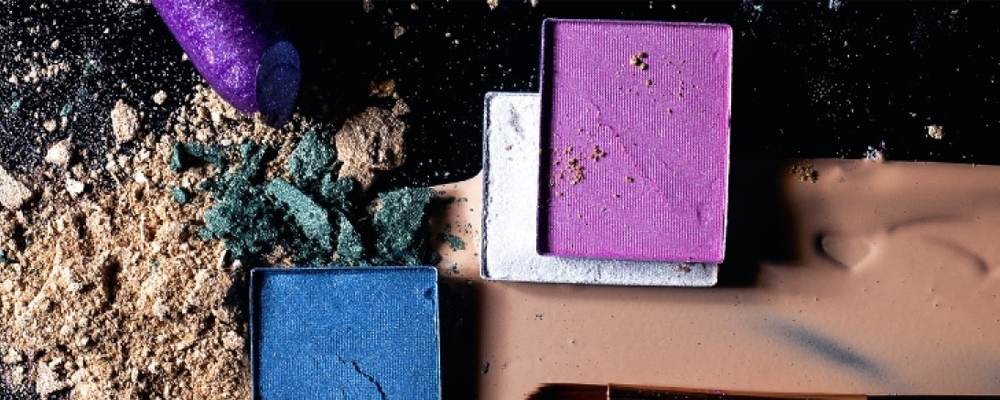6 Things That Happen to Your Skin When You Sleep With Your Makeup On


We’ve all heard it before – you absolutely must remove your makeup at the end of the day if you want to maintain healthy skin. Of course we know how good it feels to finish the day with freshly cleansed skin, but what actually happens when you go to sleep without removing your makeup?
As it turns out, your body does some major maintenance work while you’re asleep. So, your growth hormones are working hard to renew your body’s organs – skin included. Having a layer of makeup on your face certainly makes this a more challenging task. Here are just a few side effects of leaving your makeup on overnight that’ll scare you straight… you may want to invest in a pack of makeup wipes to keep in your nightstand.
Breakouts
Our skin sheds millions of dead cells throughout each day, and they renew themselves while we sleep which produces naturally occurring oils. When your face is clean, those oils usually flow to the surface of your skin. Leaving your makeup on overnight traps those dead cells on the surface of your skin, resulting in blemishes.
Chapped Lips
Most lipsticks contain harsh chemicals that can irritate the skin if overused. Leading to uncomfortable dryness and sometimes even blisters. Before going to bed, use a gentle lip scrub and lather on some of your favorite lip balm. This will keep your lips moisturized while you sleep.
Enlarged Pores
Pores can become filled with makeup and expand in order to accommodate the amount of it. The longer you keep your makeup on, the more susceptible you are to getting enlarged pores. Not only will your pores be visibly larger, but you’re also exposing yourself to irreversible collagen damage and an overall dull complexion.
Eye Sties
Eyelids contain hair follicles that can become clogged if covered for a long period of time. Eyeliner and mascara can accumulate in these openings and form bacteria, which can lead to sties on your upper and lower eyelids. Instead of taking the risk, moisten a cotton pad with cleansing water and wipe off your eye makeup before going to bed.
Parched Skin
Layers of makeup can delay the skins rejuvenation process. Unable to shed away dead skin, the rejuvenated skin cells begin to accumulate. The skin will respond to this lack of oxygen with flaky textures and rashes that can be painful to the touch.
Premature Aging
Since we now know that our skin cells rejuvenate while we sleep, keep in mind that keeping clean, properly exfoliated skin is crucial in allowing the renewed cells to come to the surface. When makeup and dead cells build up on the skin’s surface, the rejuvenated cells simply accumulate under the skin leaving you with a dull complexion and – even worse – causing fine lines and wrinkles.
So, you should be sure to remove your makeup every night before you go to sleep. While we’d suggest keeping some makeup remover in your nightstand for those lazy nights when you just can’t be bothered; however, keep in mind that if you really want to make sure you’re sleeping with clean skin, you will need to double cleanse. That means washing your face with cleanser and water after removing your makeup. Remember, it’s not beauty sleep if you don’t wash your face before it hits the pillow.




Related posts